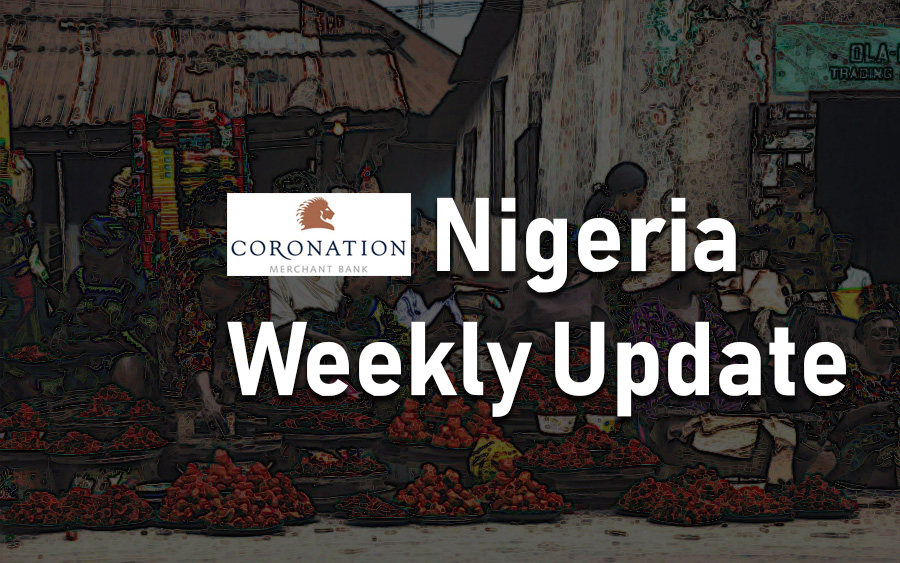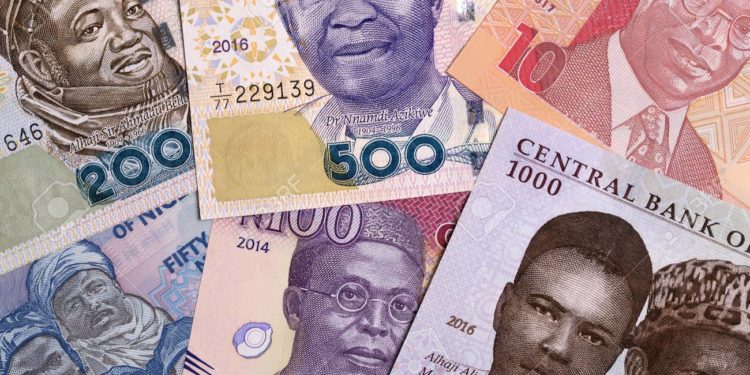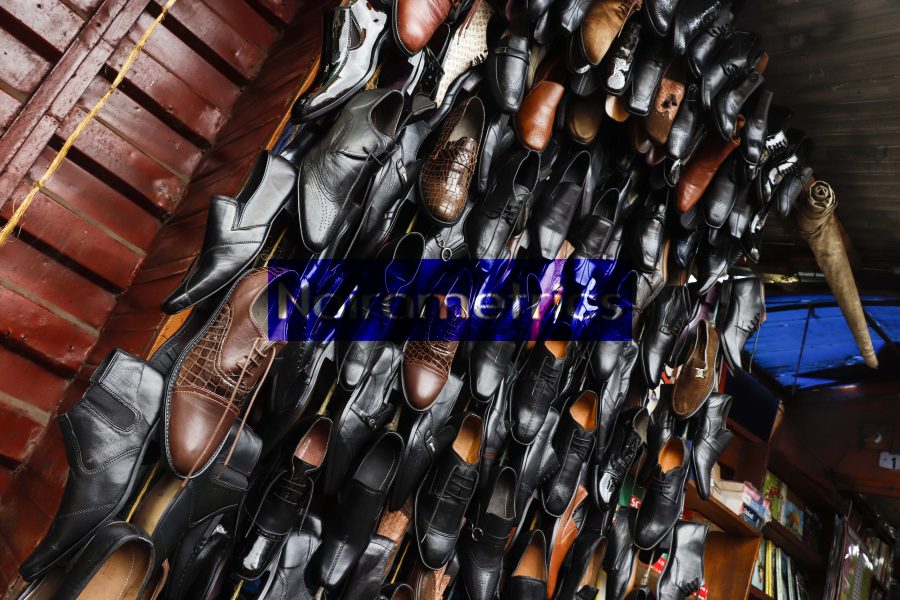The Central Bank of Nigeria (CBN) has been promoting pro-growth strategies recently, while letting market interest rates fall to a shade over the inflation rate. The problem with this strategy is that the market might question the CBN’s determination to hold the exchange rate, even with its high levels of foreign reserves. Market interest rates moved sharply back up in mid-August, showing the CBN is alert to the issue.
FX
The CBN has foreign exchange reserves of US$44.07 billion (a three-month moving average), which leads us to think that it can hold the Naira at close to N357.75/US$1 for the rest of this year. However, foreign portfolio investment (FPI) in Naira-denominated fixed income markets was sharply down in June and July, prompting questions over what sort of Naira market interest rates will be needed to attract this money again.
Bonds & T-bills
The yield on a Federal Government of Nigeria (FGN) Naira bond with 10 years to maturity fell by 7bps to 14.25%, and at 3 years fell by 13bps to 14.46% last week. The yield on a 364-day T-bill rose by 209bps to 14.26%. The yield on a T-bill with 3 months to maturity fell by 101bps to 13.27%.
With apologies to our regular readers, last week we missed the hike in market rates (by one day). 1-year rates, at 14.26% on Friday, are now 226bps higher than a fortnight ago. For weeks before this, we had written – repeatedly – how we expect 1-year market rates to be between 250bps-300bps above inflation. The fact that the spread is now 318bps brings us a degree of comfort. Furthermore, last week the CBN pulled an open market operation (OMO) bill auction, thereby rejecting bids for OMO bills that were at 14.94% and above. The market and the CBN are having a vigorous dialogue as to where market rates should be.
(READ MORE: Nigeria Weekly Update: Low Naira yields, for how long?)
Oil
The price of Brent rose by 1.19% last week to US$59.34/bbl. The average price, year-to-date, is US$65.24/bbl, 9.00% lower than the average of US$71.69/bbl in 2018, but 19.17% higher than the US$54.75/bbl average seen in 2017.
China responded to new US tariffs by imposing retaliatory tariffs that range between 5-10% on US$75 billion worth of American goods. The tariffs, interestingly, included a 5% levy on US shale oil which has enjoyed China as a major customer in recent years. We rate the continuous trade war as bad news for oil prices.
Equities
The Nigerian Stock Exchange (NSE) All-Share Index gained 3.25% last week, easing the year-to-date return to negative 11.55%. Last week Oando (+20.90%), Fidelity Bank (+20.00%) and Honeywell Flour Mills (+14.58%) closed positive while Okomu Oil Palm (-18.06%), MRS (-9.83%) and Cadbury Nigeria (-9.71%) fell.
The NSE recorded gains in four out of five trading sessions last week as there were renewed buying interests in selected stocks following the release of H1 results, and what we believe is positioning for interim dividends. The reversal in the bearish trend may be sustained, at least in the short term in our view, as bargain hunters take advantage of stocks which have reached 52-week lows.
The CBN’s balancing act
Here is the CBN’s conundrum: how do you promote growth when conditions are downbeat, and simultaneously keep interest rates high enough to ensure currency stability? For most of this year, we have been writing that the CBN, when setting market interest rates through its open market operations (OMO), might want to set rates at between 250-300bps above inflation in order to keep the currency markets happy. With inflation stubborn at around 11.00% (July: 11.08% y/y), this suggests rates need to be at between 13.58%-14.08%.
However, our benchmark of a spread (over-inflation) of 250-300bps is merely the best guess of what foreign institutional investors would like to earn. We do not think of it as a rule because global economic conditions change (for example, oil prices have fallen recently) and the appetites of foreign institutional investors also change with time. Investors can be fickle.

In theory, the CBN can to shun foreign portfolio investors (theoretically it can pay interest rates less than inflation) if it is not concerned about the level of its foreign exchange reserves. Indeed, why should it be concerned with foreign investors and their US dollars, when it has reserves of US$44.07bn itself? The CBN has plenty of money with which to defend the Naira.
This is how the CBN appeared to be thinking a couple of months ago. Market interests fell from 13.72% in mid-June to 12.00% at the end of July. The CBN announced pro-growth measures, such as requiring banks to report loan-to-deposit ratios of 60% in a bid to make them lend more money to the domestic economy. However, the effects seen in the market came swiftly and were compounded by falling oil prices. Foreign investors bought fewer Naira-denominated fixed income securities than before. Foreign exchange reserves began to fall, by around US$1.0bn from late July until now.
Sooner than we thought, it would but with prudence in mind. Even then the CBN might not be concerned. After all, spending a few billion US dollars here and there in the currency market is well within its range. However, keeping foreign investors happy is not so easy. Last week Nigeria suffered a blow when reporting on the US$9.0bn Process & Industrial Development versus Federal Government of Nigeria case made international headlines. We were already aware of it (see Coronation Research, P&ID’s risk to Nigeria, 14 March 2019) but realise that once something is reported in the Financial Times it may well affect Eurobond investors in Nigeria – and Nigeria has sovereign Eurobond issues planned for later this year. So the CBN began to re-engage with the markets in mid-August.

(READ ALSO: Nigeria Weekly Update: CBN goes for growth)























